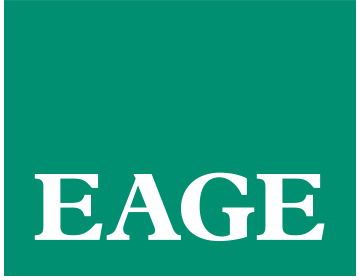Even though this year’s Annual Meeting in Amsterdam has just taken place, it’s time to get back to normal. That means we encourage everyone to already start thinking about their abstract submissions in order to participate in the 2022 Annual Technical Programme in Madrid this coming June.
Share Your Expertise with the Geoscience & Engineering Community at the EAGE Annual 2022
The EAGE Annual Conference & Exhibition 2022 will again play a role in outlining and promoting some state of the art case studies, research and evolving technology that will make geosciences and engineers more competitive in the new energy transition environment. Reflecting the ever-changing landscape of the energy and geoscience industry, the chosen theme for next year’s event is ‘Leading Geosciences into a New Era’.
As ever, the conference is designed to include oral and poster presentations covering research and practice in a wide variety of disciplines including geophysics, geology, reservoir engineering, integrated subsurface, mining and civil engineering, digitalization and AI, HSE and sustainability.
Why submit for the EAGE Annual 2022?
Are you interested in submitting an abstract for the 83rd EAGE Annual Conference & Exhibition but would like to see what benefits accepted speakers have at the event? Besides presenting in sunny Madrid in June 2022, you can find on the website more reasons of why you should send in your papers for our event!
We hope to see you there, so be sure to submit your abstracts soon. Find more details and learn how to submit at EAGEAnnual2022.org. The submission deadline is 15 January 2022, 23:59 CET.






